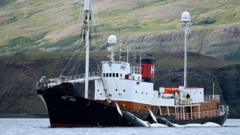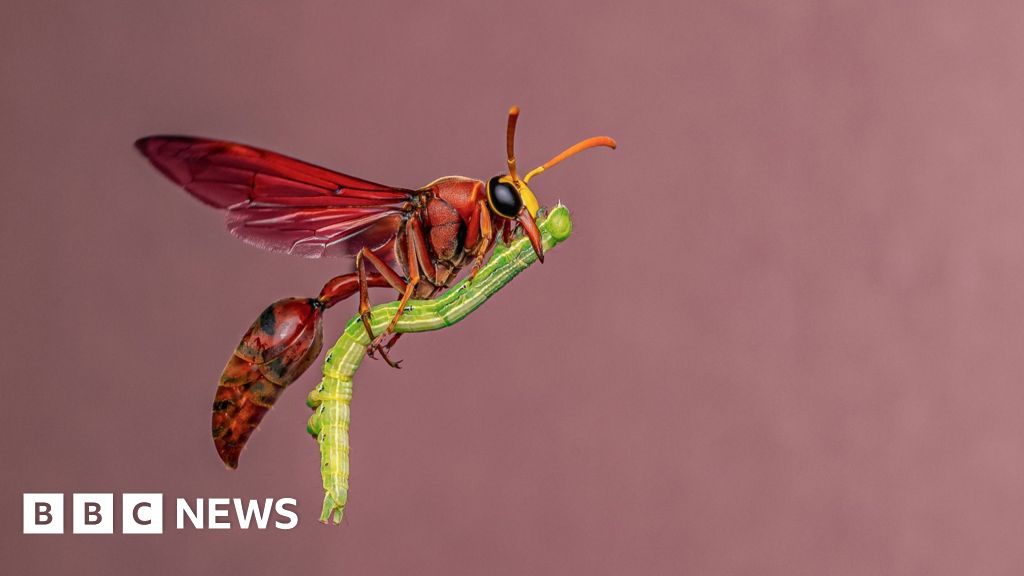Iceland's outgoing conservative government has issued controversial permits allowing up to 426 whales to be hunted each year, despite growing animal welfare concerns. The permits authorize the annual capture of 209 fin whales and 217 minke whales during the whaling season, which extends from June to September.
Animal rights and environmental organizations have criticized this move, asserting it undermines conservation efforts and animal welfare. An official notice regarding the permits argued that the licenses aim to provide "some predictability" for the whaling industry, stating the whale-catching limits are established based on scientific advice.
Iceland stands as one of only three countries globally, alongside Japan and Norway, that still permit whaling for meat, blubber, and oil. Only fin and minke whales can be legally hunted in Icelandic waters, with other species remaining protected. Permits for whaling typically span five years, but the prior licenses lapsed in 2023.
This year's whaling season was notably short, lasting just three weeks and resulting in the hunting of 24 fin whales against the total quota of 209. Moreover, whaling operations faced scrutiny after an inquiry highlighted that the methods in use were not adhering to animal welfare legislation. Observations from the government's veterinary agency revealed that the use of explosive harpoons caused prolonged suffering to the whales.
Hvalur, Iceland's last operating whaling vessel, has so far depended on annual license renewals. Environmental groups, including the Icelandic environment association, condemned the issuance of new permits, claiming it contradicts climate and wildlife preservation efforts.
Sharon Livermore, director of the International Fund for Animal Welfare’s marine conservation initiatives, criticized the outgoing government for making a contentious decision in its final days, suggesting that it should focus on transitional governance rather than rushing controversial policies.
Following recent snap elections where the ruling Independence Party was defeated by the center-left Social Democratic Alliance, there’s uncertainty about future whaling regulations. The official government statement noted that the allowable catch quota was determined using advice from Norway’s Fisheries Agency, emphasizing a commitment to sustainable practices and a precautionary approach.





















